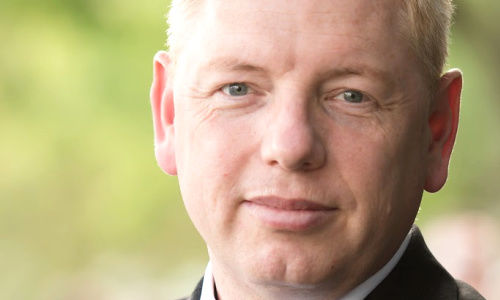Bankers are already subject to fitness and probity rules.
There’s a subtle difference between what is legal compared to what is moral, and the difference is not always easy to act on. Rules typically try to regulate requirements of the past.
«Very few people are intentionally unethical»
But the public may be outraged about certain types of conduct in finance which they view as immoral today. And we know these views may change over time. Rules and regulations only follow moral consensus. If they are principle-based, they can offer some forward-looking flexibility.
Is it greed and profit over morals and virtues in finance?
If you ask a room full of bankers «who here is unethical,» no one will raise their hand – and they’re right. Very few people are intentionally unethical. Indeed, there is a wave of initiatives varying from social impact investing to questions around shareholder value focus and so on, all supported by highly placed people in finance globally.
«In hindsight, some decisions appear obviously ethically risky»
Often though, unknowingly or unintentionally, people make mistakes, which in hindsight are easy to assess as ethically risky. People increasingly understand that ethically-aware business is sustainable business.
How would a «Chief Ethics Officer»-program work?
A Chief Ethics Officer needs to be an independent executive function. The person needs to understand how and where trades are done, clients onboarded, and managerial decisions made. This is where ethically-aware behavior is especially relevant, and where a program of increasing awareness needs to be rolled out so the culture gets embedded in the organization.
What type of person do you envisage can do this job?
The lead person needs to be credible for the right reasons in the eyes of the stakeholders, especially the bankers. A philosophy professor may have the ethical expertise, but she or he would likely not know how a line of credit, a hedge fund or client interaction works in practice.
«Ethics chief needs to know the business as well as domain ethics»
A senior banker is likely not formally trained and experienced in ethical analysis and its concurring psychology. You need a person who knows the business, who has the analytical ethical expertise relevant to this domain, and who can design, implement and run the program over time.
Eelco Fiole is the managing partner of Alpha Governance, which provides true fiduciaries, non-executive directors, independent members, and trustees to boards. The Dutch-born Fiole began as an institutional banker with ABN AMRO and has worked at Credit Suisse, UBS, PwC and Tezos during his career in finance. His PhD from the University of Basel studied corporate governance in financial institutions. Fiole is an adjunct professor for finance ethics at the University of Lausanne and volunteer with the CFA Institute.
- << Back
- Page 2 of 2




































